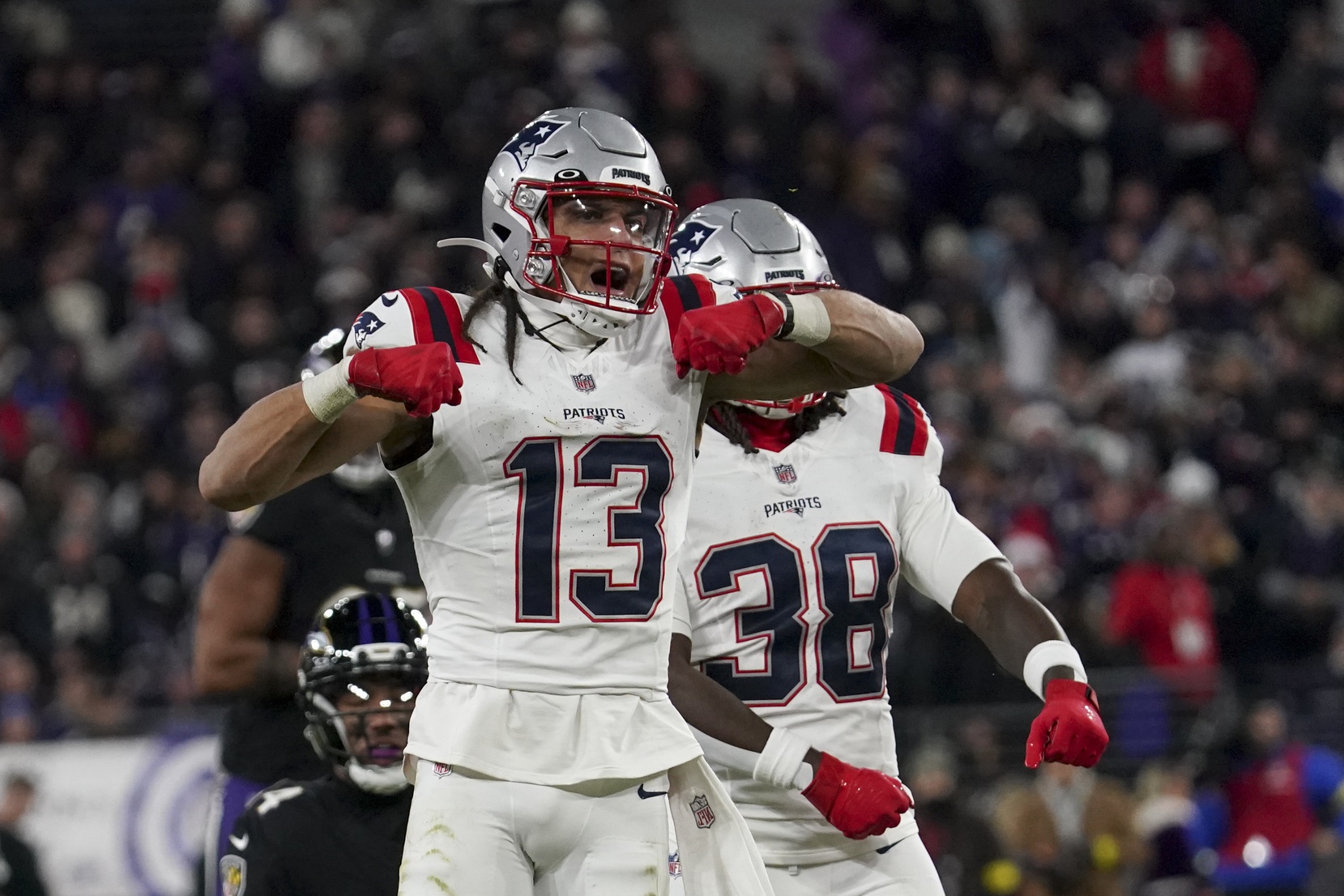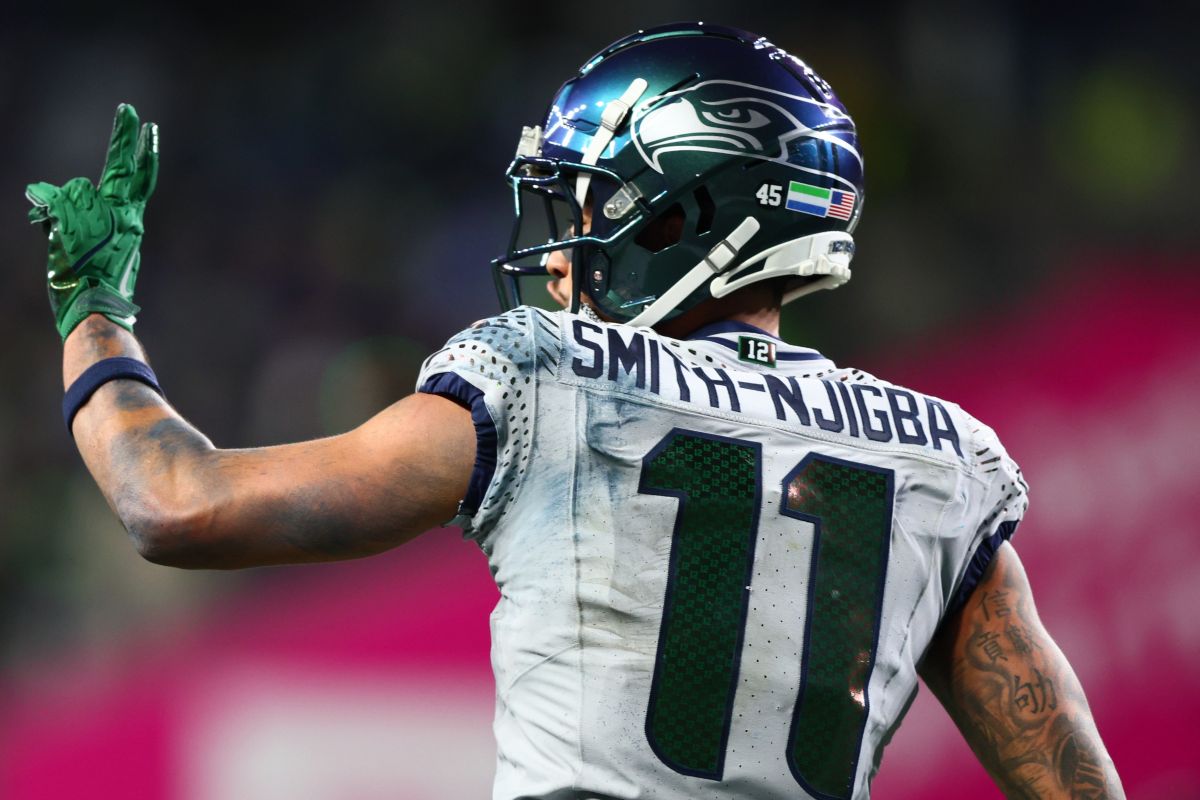Big Beautiful Bill Set To Put Big Hurt On Pro Gamblers

The passage and signing of the One Big Beautiful Bill could lead to a not-so-beautiful tax bill for bettors and gamblers of all stripes. Worse, that tax bill could be for money that bettors never actually won.
It would literally be a tax on losses. That has the sports betting universe, poker players and more up in arms. And a potential solution is already in the works in Congress.
(Feature Image credit: Mitsu Yasukawa/Imagn Images)
Big Beautiful Bummer
Losing Proposition
Tucked into the One Big Beautiful Bill is language updating the tax code for gamblers who itemize their deductions. Up until now, gamblers could deduct 100% of their losses, up to the amount of winnings. Starting in 2026, that changes to 90% of losses.
An example of what that means: Previously, if a sports bettor won $100,000, but also lost $100,000, then it's a break-even scenario in which no taxes are due.
Under the new structure, only $90,000 of those losses – 90% – can be deducted. That leads to a tax on income of $10,000, even though that income wasn't realized. The standard federal tax rate is 24%, meaning a bill of $2,400 would be due.
Jack Andrews, the pseudonymous co-founder of Unabated Sports and also a sharp bettor/advantage gambler, lays it out.
"If you lose a lot, it doesn't affect you. Nor does it affect you if you win a lot, say, an ROI of 20%," Andrews said. "But it affects the middle of the bell curve – anyone who makes less than 10% profit or loses less than 10%.
"For example, if you win $10,000 and lose $10,500, you could only deduct 90% of the $10,500. You lost money on the year, but still have to pay tax."
For large-scale bettors – be they professional gamblers or high-roller customers – the amount due represents a significantly higher penalty.
"Say you make $7.7 million and lose $7.3 million, so you made $400,000," Andrews said. "But with the 90% rule, you'd owe tax on over $1 million of win."
Indeed, 90% of $7.3 million is $6.57 million. So the gambler would pay taxes on more than $1.1 million, rather than on the actual profit (income) of $400,000.
"At $1.1 million, you're taxed in the 33% bracket. So you owe $363,000 in taxes, when you only made $400,000 on the year. It's ridiculous," Andrews said.
Market Makeover
Joe Brennan Jr. helped found Prime Sportsbook. Earlier this year, he left his role as principal, although he still retains a small stake in the company, which operates in New Jersey and Ohio.
Drawing on his perspective as a regulated bookmaker, Brennan notes that while the most obvious OBBB impact is on consumers, sportsbooks will be affected, as well.
"Where it becomes egregious is for someone who is less than break-even, yet still has to pay a tax as if they profited," Brennan said. "It's making the American regulated market more hostile to participants.
"That may encourage people to send their betting action to books that won't report it."
Brennan reminds that sports betting or playing poker, etc., as a profession is not illegal.
"I'm struggling to find deductions limited, based on a profession. Would a lawyer or doctor or accountant be limited in that way, paying taxes on a net loss? There's kind of a moral condescension," he said.
Further, it's not just professional gamblers who would be targeted by the tax. Many regulated U.S. sportsbooks welcome "whales" – high-dollar players who aren't deemed sharp. In fact, operators regularly promote six- and occasionally seven-figure wagers from these high-rollers.
Whales represent a significant cog in the sports betting wheel. The new tax policy could upend that customer base.
"Whale bettors are the key to a sportsbook's profitability. They're your most important customers," Brennan said. "The grey market becomes more appealing to that kind of player. And that leads to less gaming revenue.
"It's very difficult to understand the logic behind this change. The only explanation is that the people who crafted it may not really understand how easy it is for those big players to take their gambling dollars to unregulated venues, where they will not be required to report that income."
Small Beautiful Rectification?
Upon the July 3 passage of the OBBB, Rep. Dina Titus (D-Nevada), co-chair of the Congressional Gaming Caucus, came out firmly against the targeted tax on gamblers. She followed up Monday by introducing the FAIR BET Act.
"My FAIR BET Act would rightly restore the full deduction for losses, so gamblers don't pay taxes on money they haven't won," Titus said in a news release. "This common-sense legislation will bring fairness back to gaming taxation, making sure that gamblers can fully deduct their losses when they report their winnings.
"It gives everyone – from recreational gamblers to high-stakes gamblers – a fair shake. We should be encouraging players to properly report their winnings and [to] wager using legal operators. The Senate change [to the OBBB] will only push people to not report their winnings and to use unregulated platforms."
The bill already has bipartisan support, with Rep. Troy Nehls (R-Texas) signing on, among others.
As Titus pointed out, recreational gamblers could be at risk from the forthcoming tax structure. If you're a recreational gambler and you don't itemize your deductions, then there's not necessarily much of a change.
But Andrews provided an example that might require you to itemize, then get bitten by the inability to deduct 100% of losses.
"Let's say you go to Vegas, you're playing a slot machine, you get lucky and win $5,000. So you get a W-2G form. You'll need to declare that W-2G on your taxes," he said. "Now, suppose you're someone who gets significantly lucky and wins $20,000 worth of W-2Gs.
"Then suppose you chase it and lose back the $20,000. Since you have $20,000 in W-2Gs, you're forced to itemize and can take only $18,000 (90%) as a deduction. That's $2,000 in income, on which you have to pay taxes."
That scenario is not unusual, nor is this: Recreational gamblers who make quite a few visits to Vegas, enjoy playing $50-a-hand video poker and accrue a lot more than $20,000 in W-2Gs.
"Things can rack up very quickly," Andrews said.
Sen. Catherine Cortez Masto (D-Nevada), through a unanimous consent bill, attempted to get a repeal of the tax change in the Senate on July 10. However, the bill was unable to gain unanimous consent.
So Rep. Titus' House bill is the main avenue at the moment, along with the prospect of changing the language via amendments to potential bills later this year.
What The AGA Has To Say
Two months ago, the American Gaming Association submitted a letter to the Senate and the House outlining the lobbying arm's stance on various gaming issues. Among them was the AGA's opinion on the prospect of changing the gambling tax structure.
Signed by AGA president and CEO William Miller Jr., the letter stated:
"Under a provision that has been in the Internal Revenue Code for more than half a century, taxpayers who itemize have had the ability to deduct gaming losses against wins to compute their net taxable income from gaming. ...
"It is not only critical to maintain this deduction for taxpayers who itemize, but – as a matter of fairness – Congress should consider allowing for non-itemizers to net their gambling wins and losses, for purposes of reporting adjusted gross income."
To sum it up, the AGA supports not only the long-standing standard but also believes it should be extended to those who don't itemize on their tax returns.
However, over the past three weeks, as the new language was considered and ultimately inserted into the OBBB, there was no public push against the change.
Rather, after the final passage of the bill July 3, the AGA responded, pointing out the OBBB's potential positives, while also acknowledging the one significant shortcoming:
The final sentence of that quote graphic alludes to the issue of the gaming tax change, with the AGA looking to "work closely with Congress in the coming months to address the changes to wagering deduction losses."
Countless professional gamblers and industry insiders have already taken to social media to lead that charge. Andrews said he hopes that the AGA and perhaps the Sports Betting Alliance – comprised of DraftKings, FanDuel, BetMGM, bet365 and Fanatics Sportsbook – lend a loud voice to the issue.
To that end, the AGA released this statement in support of the Rep. Titus' bill:
"The American Gaming Association applauds Congresswoman Titus for introducing the FAIR BET Act. We are committed to working with Congresswoman Titus, other congressional leaders and the Trump administration to restore the long-standing tax treatment of gaming losses."
Can Common Sense Conquer?
There are further examples of issues with this change in tax structure. Veteran sports betting journalist Jeff Edelstein, in a piece for InGame.com, proffered this possibility: Yearlong winnings of $101,000, and losses of $100,000.
The gambler is up $1,000, but can only deduct $90,000 of the $100,000 in losses. So, the consumer has to pay taxes on $11,000 – $101,000 minus $90,000. That leads to a tax bill of $2,640, which is $1,640 more than the bettor's profit for the year.
"You pay taxes on realized income. How can anyone think you should pay taxes on income you never even realized?" Andrews said.
Further, Brennan notes that such a tax setup further strays from the intent of legal, regulated sports betting. The OBBB's assertion is that the gambling tax change will result in approximately $1.1 billion in tax revenue from 2026 to 2034.
But that assertion doesn't take into account consumers changing their gambling habits, which Brennan fully expects.
"Our interest in overturning PASPA [in 2018] wasn't the probability of having a huge well of tax dollars. It was to surface a massive unregulated market and start to regulate it," Brennan said. "Government at both the state and federal level seems to be under the impression that they can raise more money by making markets more hostile.
"Government has made changes that may not have taken into account the ripple effects – an incentive to not participate in regulated markets."
Titus' FAIR BET Act seems to address that issue. Time will tell if the bill can garner enough bipartisan support to even get a floor vote, let alone reach President Trump's desk and get his signature.
Featured News
-
 FEATURED JAN 26, 2026
FEATURED JAN 26, 2026Super Bowl Preview: New England Patriots vs. Seattle Seahawks Prediction, Odds, Preview
-
 FEATURED JAN 26, 2026
FEATURED JAN 26, 20262026 Super Bowl Odds: Patriots vs. Seahawks Lines, Spreads, Betting Trends
-
 FEATURED JAN 25, 2026
FEATURED JAN 25, 2026Best NFL Parlay Picks Today
-
 FEATURED JAN 23, 2026
FEATURED JAN 23, 2026PGA Tour Majors Best Ball: Your Guide To Underdog’s “The Albatross” 2026
-
 FEATURED JAN 25, 2026
FEATURED JAN 25, 2026NFL Conference Championship Game Odds: Lines, Spreads, Betting Trends for Both Matchups
-
 FEATURED JAN 26, 2026
FEATURED JAN 26, 20262026 Grammy Awards: Records That Could Be Broken!







